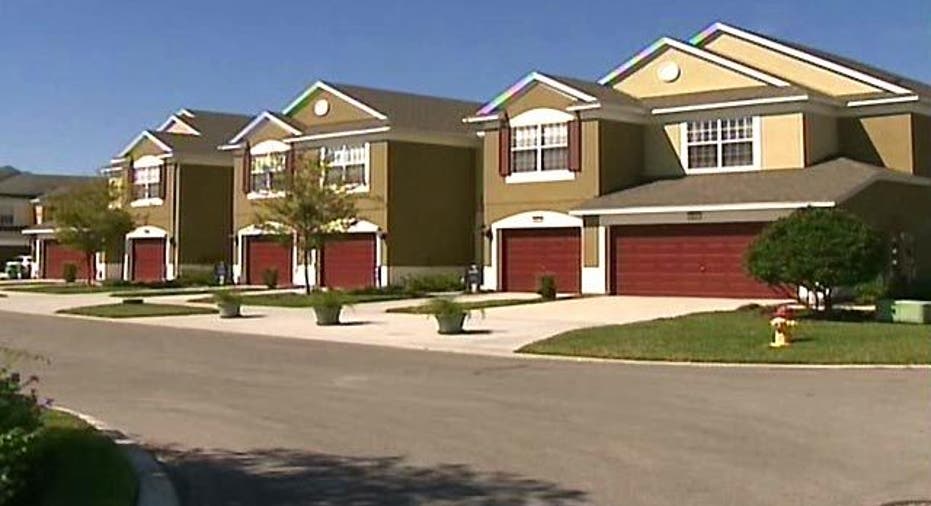Real Estate: To Buy or Not to Buy?

To buy or not to buy, that is the real estate question. This is a great time to get into the real estate market -- with mortgage rates at an all-time low, owning your home can be a reality versus a pipe dream.
In this interview, Texas A&M's Cydney C. Donnell discusses market opportunities, rent-versus-buy decisions, tips for first-time buyers and more.
What do you think will jump-start the housing market? Are there specific economic factors that need to occur before we see some growth?
Jobs, jobs and jobs. The sooner bank balance sheets are repaired, the sooner we can see growth. Right now the governmental policy is trading growth for stability by allowing banks to have time to repair their financial health rather than "clearing" the market by forcing more failures and distressed selling.
Is it still a good time to become an investor in real estate? Are there specific properties or certain areas of the country you recommend?
Yes, there are almost always opportunities in the market and one just needs to understand the specific factors affecting pricing. If you are an active investor, there are many places where assets are under distress. What I would not do is follow the risk-averse buyer as that market is crowded -- this would include the "gateway" coastal markets of New York, San Francisco, (Los Angeles) and Washington, and I would not buy class A apartments where the rent-versus-buy decision looks less favorable. Many of these markets are priced for strong growth and/or safety, which may not materialize.
Do you have any suggestions for first-time homebuyers?
If you can buy, this is a wonderful time. Interest rates are extremely low and pricing is down. When the economy improves, I believe that the cost of new construction will escalate dramatically due to a reduced amount of quality labor force and potentially higher commodity prices. In other words, the price of labor and goods will be going up. If you think you will need mobility due to job or other issues, then do not buy. One should plan on being in a house a minimum of four years to break even. When we had typical price appreciation, this was the old rule of thumb and it still applies today. Finally, when comparing a rent-versus-buy decision, don't forget that as a homeowner you are responsible for maintenance and insurance -- different than renting.
Are government incentives helping the housing market? Which ones?
The tax credit helped a few first-time homebuyers, but all it really did was "move forward" buying. In other words, people who bought to take advantage of incentives would have just bought a few years later so net-net, it did not help the market. I think the evidence is pretty clear that government intervention in the market creates more problems than it solves, and it is not helping now.
In your opinion, do you believe there would be a drastic change or no change in mortgage rates three years from now?
I cannot be such a pessimistic about the American economic model to believe that we are heading to further deflation or depression. The housing market is in a slow healing process as is the economy. I do think we could be looking at higher rates in three years but how much is extremely hard to predict. Our interest rate pricing does not operate in a vacuum but is also affected by the health of the global markets.
We would like to thank Cydney C. Donnell, executive professor and associate department head, Department of Finance, and director of real estate programs at the Mays Business School at Texas A&M University for this interview.



















